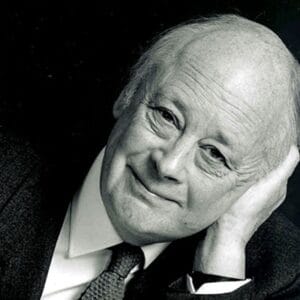Every now and again, the old and new worlds of work collide – often with spectacular consequences. It happened again earlier this year, and all it took were four words.
On 11 April, Mark Zuckerberg, founder and CEO of Facebook, was summoned to Capitol Hill to be questioned by a panel of US senators. The Cambridge Analytica leak, in which it was claimed millions of people had had their personal data shared without permission, had led to concerns about the social media giant’s security policies. Then there was the issue of Facebook itself. What sort of Lex Luther-like powers was it packing? What secret strings was it pulling? And with its global reach and soft power, who was calling the shots – Facebook or the Fed? There was only one way to find out. Bring out The Zuck!
So there he was, in a hearing room at the Hart Senate Office Building on Capitol Hill, Mark Zuckerberg, suited and booted and looking for all the world like an undergraduate on a work placement. Around him were assembled the world’s media – all waiting for the moment that the questions would begin. And who better to kick things off than the longest serving public servant in United States history. Step forward 84-year old Utah senator, Orrin G. Hatch. At last, the moment when a politician would exert authority and show who was boss. And
And boy, did he fluff his lines.
“So, how do you sustain a business model in which users don’t pay for your service?”
For half a second, silence. Zuckerberg blinked, seemed confused. It was like he’d just been asked what kind of bees produced milk. When he recovered, his answer was devastating:
“Senator, we run ads.”
It must have taken a lot of self-control not to yell, “Duh!” But a Duh moment is what it was. As in, “We run ads – DUH!” Without understanding how Facebook makes its money, the 21st century makes no sense. Here, in real time, was a full-on collision of the old and the new worlds of work: on one side, the old world of work, a world in which businesses made or sold tangible things that you could drop on your foot and which were paid for by customers. And on the other, the world of ‘thin air’ organisations worth more than nation states, with miniscule workforces and billions of monthly users – most of whom don’t pay a thing.
When the Q&A was over, Hatch and Zuckerberg looked at one another in polite bafflement. My advice is to get used to that look. You’ll be seeing a lot more of it in the years to come. It’s the look of the old world of work as it encounters the new.
In the 20th century, to understand the old world of work, it was said that first you had to grasp the four P’s – Place, Product, Promotion, and Price.
From now on, four words will do: “Senator, we run ads.”






